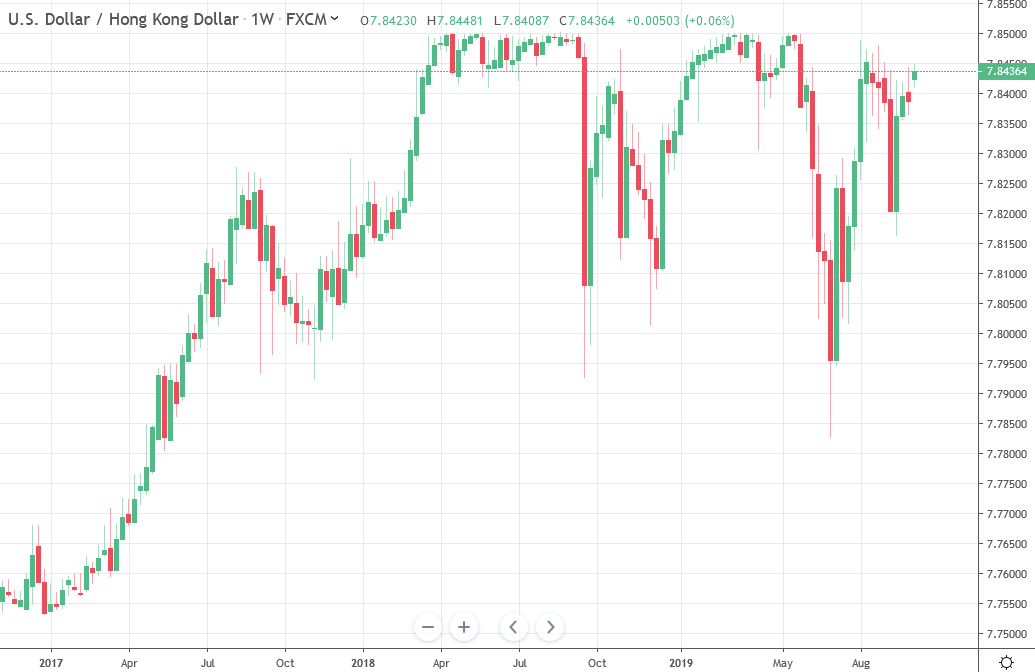The Hong Kong government formally withdrew a controversial extradition bill on Wednesday, following months of social unrest and political turmoil that have upended the city’s normally peaceful image.
The secretary for security, John Lee Ka-chiu, made the announcement before lawmakers in the chamber of the Legislative Council. The move meets one of the five demands by anti-government demonstrators, who are also calling for the resignation of Chief Executive Carrie Lam.
Lee’s announcement was met with shouts from pro-democracy lawmakers. Civic Party member Kwok Ka-ki was expelled after calling for Lee’s resignation while Lee was still addressing the chamber. Other pro-democracy lawmakers held up slogans reading, “Lee Ka-chiu step down.”
Meanwhile, the Hong Kong man whose alleged killing of his girlfriend in Taiwan prompted the crisis over the bill on Wednesday was released from prison on a lesser offense of money laundering. The suspect, Chan Tong-kai, has said that he would turn himself in to Taiwanese authorities.
The move to introduce the bill earlier this year was prompted by a legal dilemma over the murder suspect because the governments of Hong Kong and Taiwan do not have an extradition treaty. Chan was originally sentenced to 29 months in prison in Hong Kong but was released after serving 18 months.
The Hong Kong government had said the legal loophole needed to be closed to uphold justice and align the city’s laws with international standards. But the proposed law would also have paved the way for criminal suspects to be sent to mainland China, which many say lacks an independent judiciary system.
Widespread peaceful demonstrations against the bill drew millions of people to the streets in early June. Opponents of the legislation said at the time that the proposed law could have been used by mainland authorities to extradite anyone in Hong Kong to China, including Beijing’s political adversaries.
Over the past few months, protests have devolved into widespread anti-government and anti-China demonstrations, with many calling for a more democratic society and greater accountability to its citizens.
Police have used tear gas, rubber bullets, water cannons and sponge grenades to disperse crowds, as some hard-line protesters have set fires at rail stations, smashed store fronts and vandalized other places of business with connections to mainland China or those perceived to be against the protests.
On Oct. 1 — the day Beijing held ceremonies to commemorate the 70th anniversary of the founding of the People’s Republic of China — a policeman shot an 18-year-old man while he was attacking officers. That marked the first time a demonstrator was hit by live ammunition since the protests began.
As violent clashes between protesters and police continued into autumn, Lam invoked emergency powers on Oct. 4 to ban the wearing of face masks during demonstrations. But tens of thousands of protesters have defied the ban to hide their identity and protect themselves against tear gas.


